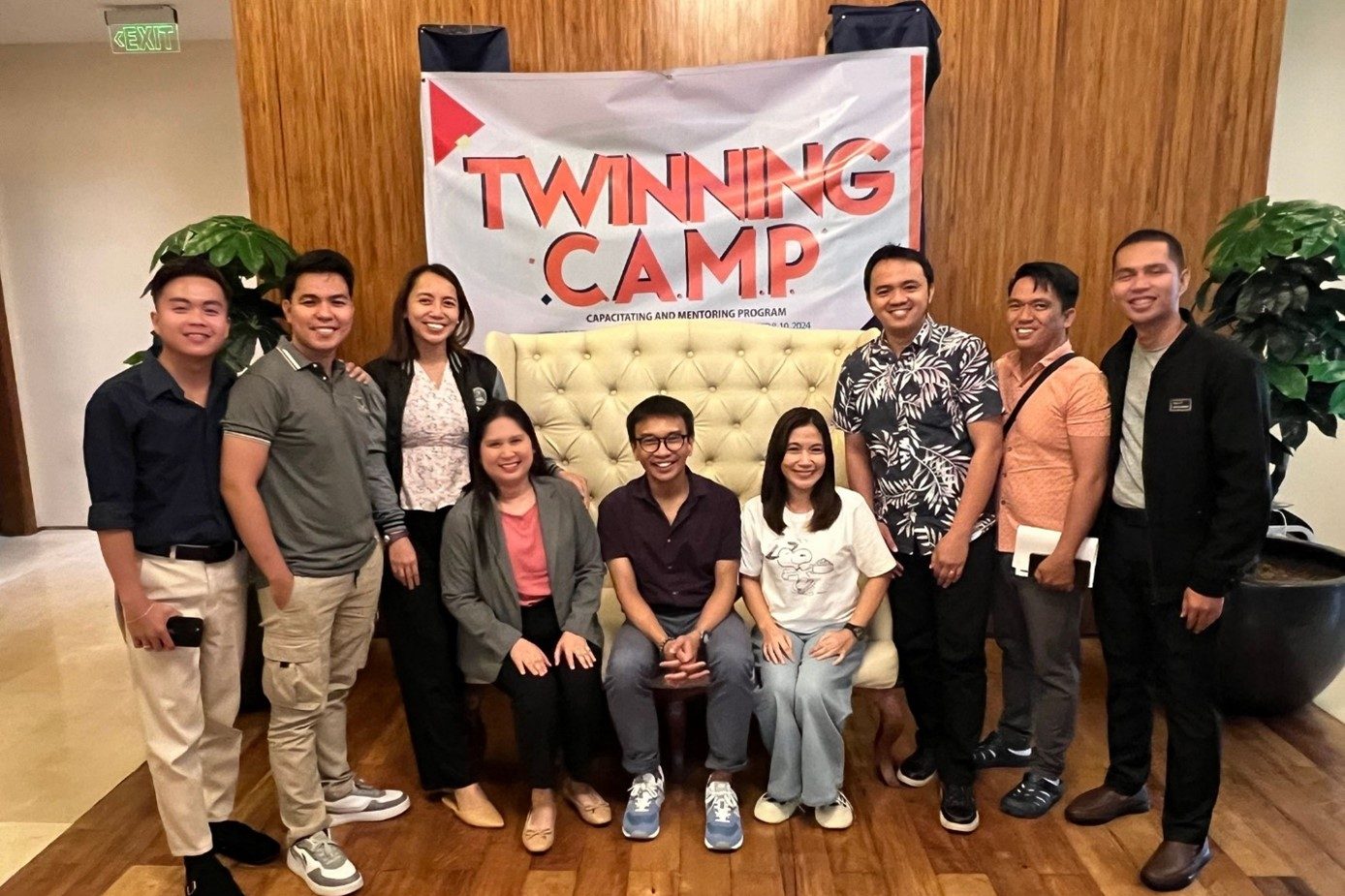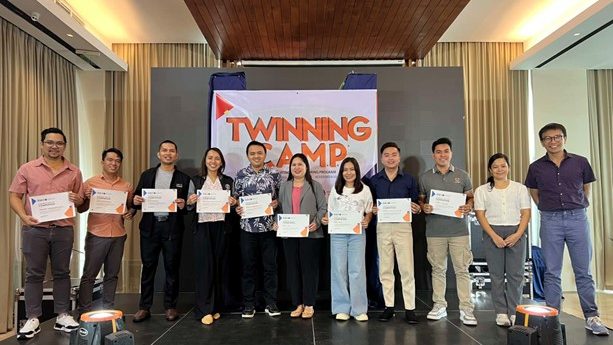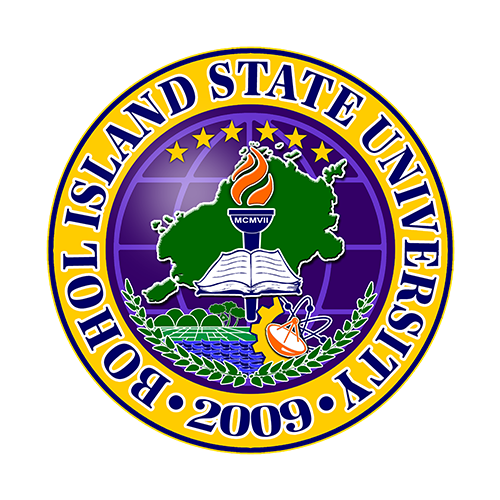BISU Joins DOST STAR Twinning C.A.M.P in Manila

Selected Mathematics and Science Education faculty members from the different campuses of Bohol Island State University participated in the DOST STAR Twinning C.A.M.P. (Capacitating and Mentoring Program) at the City Garden Grand Hotel in Makati, Manila on November 8-10, 2024.
The Twinning Project is a three-year capability enhancement initiative. The project aims to foster mutual support, professional growth, and community-building through the sharing of best practices in instruction, research, and extension activities. Ms. Cynthia T. Gayya, Chief of the Science Education and Innovations Division (SEID) welcomed the participants from six different regions. Bohol Island State University was among the participating institutions along with Ilocos Sur Polytechnic State College, Aurora State College of Technology, Sorsogon State University, Iloilo Science and Technology University-Miagao Campus, St. Michael’s College of Iligan, Inc., and Christ the King de Maranding, Inc.
Providing an overview of STAR’s decade-long journey, the key programs of the Program Development Unit (PDU) and objectives of the three-year initiative, were presented by Ms. April D. Valdez, Senior Science Research Specialist.
Meanwhile, focusing on Trends in STEM Education, Dr. Sheryl Lyn C. Monterola, former director of the University of the Philippines National Institute for Science and Mathematics Education Development (UP NISMED) shared a comprehensive presentation on the current trends in education, emphasizing the drivers of Philippine STEM education. Dr. Monterola, highlighted the importance of understanding both global and local contexts to broaden educators’ perspectives on the opportunities within Philippine STEM education and also introduced the concept of skill transformation, including the integration of digital skills into non-digital occupations, soft skills in digital occupations, and the importance of data visualization and social media skills for the modern workforce.
The second day of training was enriching as Dr. Ester B. Ogena, former Director of the Science Education Institute (SEI), shared the insights on the critical changes required to advance STEM education in the Philippines. Engaging discussions on the pivotal role that Higher Education Institutions (HEIs) play in preparing students for the competitive, tech-driven global workforce, Dr. Ogena underscored that the success of STEM education should be measured by how well graduates meet industry expectations and contribute to societal progress. The importance of aligning academic programs with the demands of industries, particularly in STEM fields was also highlighted.
A Pre-service STEAM Teacher Education Curriculum Model was presented by Dr. Alfonse Jayson O. Pelgone, Associate Dean at the Philippine Normal University. The said curriculum model was designed for Society 5.0. , a vision of a human-centered, technology-driven society aimed at improving the quality of life and addressing societal challenges through digital and technological advancements. Dr. Pelgone gave emphasis on the need for a holistic approach to teacher education, one that encourages co-creation in teaching and learning. Moreover, the importance of moving away from content-heavy courses towards an integrative, skills-focused learning model that prepares future educators for the demands of a rapidly evolving world was also highlighted.

Valuable strategies for building strong, productive, and sustainable mentor-mentee relationships were also shared by Ms. Rosejelynn Bulante, Instructor Analyst. She emphasized the importance of setting clear, measurable goals and engaging in regular feedback grounded in trust and respect. Ms. Bulante shared, that a successful mentorship journey requires both mentor and mentee to take responsibility for mutual growth, with the mentee being proactive, curious, and disciplined in the relationship.
The training concluded with an inspiring message from Dr. Jayeel S. Cornelio, the Director of DOST-SEI. Dr. Cornelio expressed his hope that the program would inspire STEM educators to create more engaging and effective learning environments. Reaffirming the goals of the Twinning Project, he emphasized that through its initiatives, more Teacher Education Institutions would be empowered in instruction, research, and extension activities. Dr. Cornelio’s words echoed the core values of the STAR project, fostering a continuous expanding teaching and learning community.
-(With contributed reports from Anna Maria Gracia I. Estardo)
